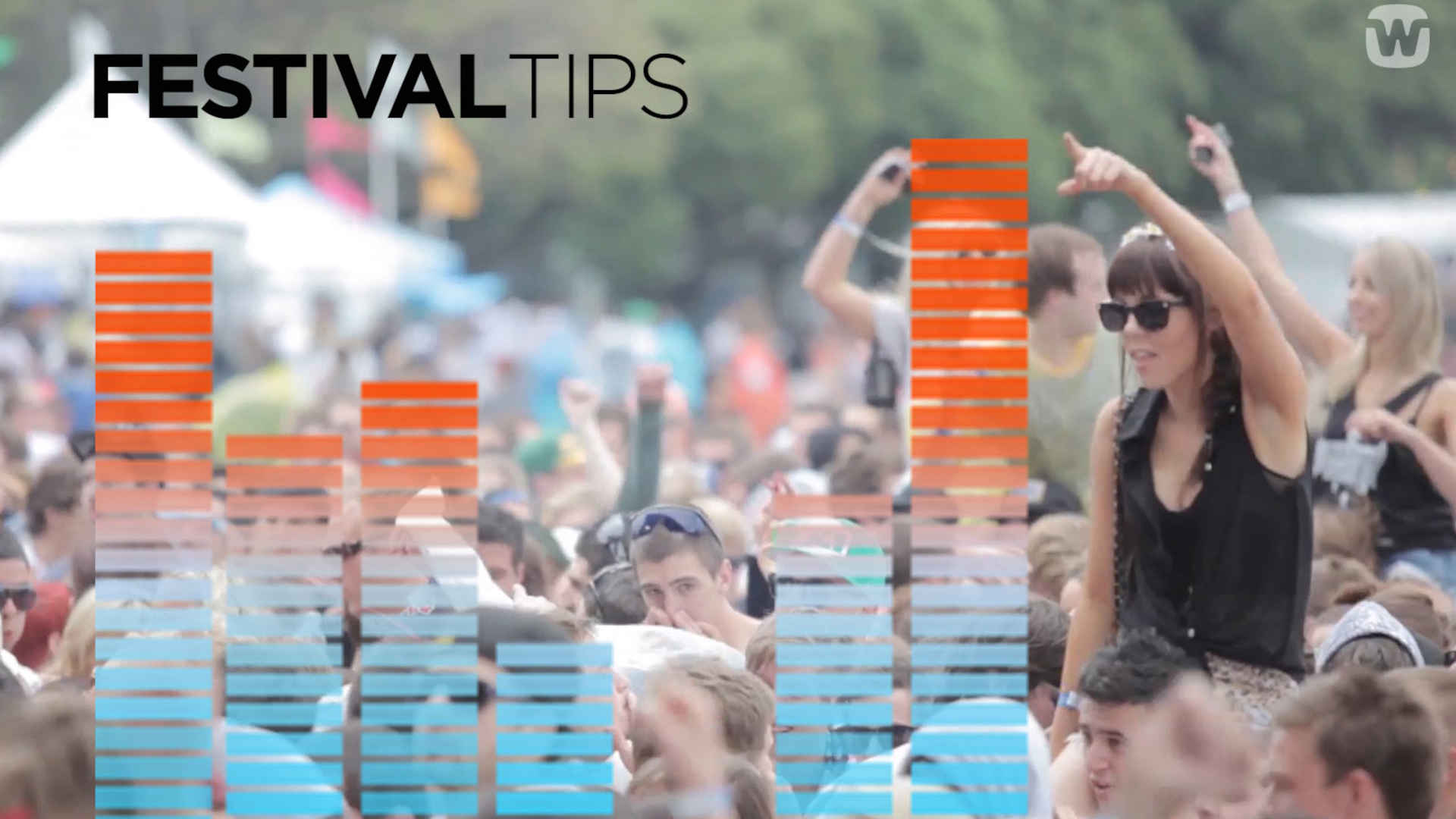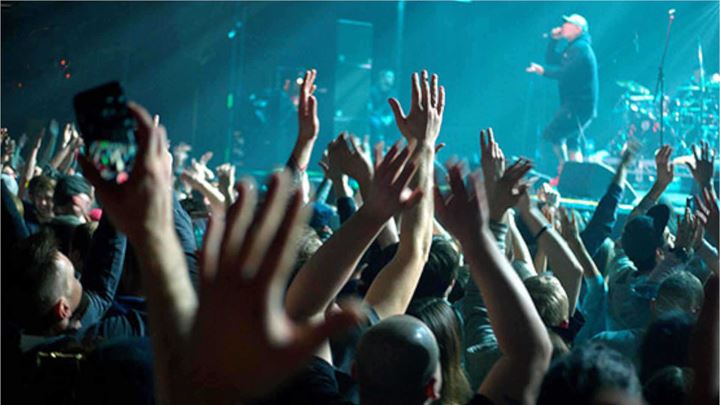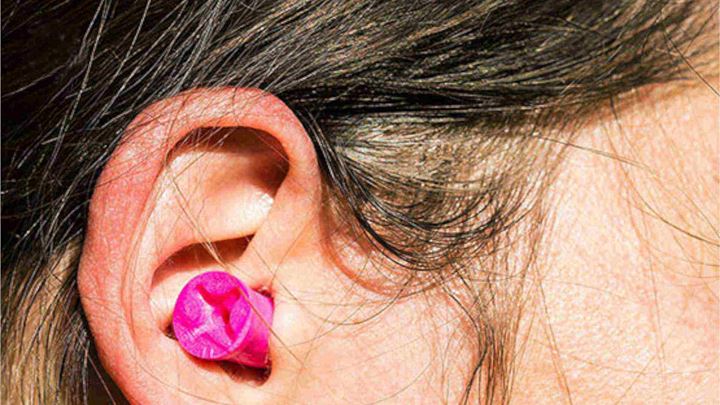
4 tips for protecting your hearing at concerts (+ tips for hearing aid users)
Seeing your favourite band live is an amazing experience. But does your hearing seem muffled after the concert? Being in the front row could damage your hearing – and cost you more than the ticket.
Summer is here, and so is the season for music festivals. A favourite time of the year for all avid music lovers, but not so much for your ears – if you’re going to loud events like festivals, that is.
Your hearing and your ears are sensitive. Although every ear is different, it’s fair to say that there are some overall limits for how loud the sounds in your ears can be without your ears being damaged. That makes events like concerts a true culprit for ears ringing and general hearing loss.
How loud the sound can go without damaging hearing
Sounds are always around us, but the volume varies a lot. A normal conversation is usually at 60 dB. A drilling machine is about 98 dB. A jet plane at take-off lands at 140 dB (don’t get too close to that!). Overall, a normal workday shouldn’t expose you to more than maximum 85 dB. But what happens in your spare time is your own business. If you like going to concerts, beware that some concerts go beyond 100 dB, with peaks of up to 117 dB. A 2-hour concert can surely put a lot of pressure on your ears.
But here’s the kicker
Even the slightest, unnoticeable rise in decibels can have a huge effect on your hearing. So even though you don’t notice the volume going up three decibels, the risk of damaging your hearing doubles. If you’re unlucky, it only takes 25 seconds to get a hearing damage like hearing loss or tinnitus. Once the damage is done, it can’t be restored. So how do you prevent hearing damage this summer?

Here are 4 tips for minimizing the risk of hearing loss after a concert
- Don’t stand close to the loudspeakers at any point during the concert
- Use earplugs for concerts – and do it correctly. Go all-in if you attend concerts regularly: get hearing protection that’s shaped for your ears and doesn’t compromise the music and sound experience
- Take quiet breaks away from the loud music – it’s important to rest your ears after a lot of strain
- Act in time – the second you feel that the sound is distorted, or you hear a crunching in your ears, move away from the sound or use your earplugs.
What if I use hearing aids?
If you already have hearing loss and are wearing a hearing aid, you probably want to protect your ears even better. A great way to protect your hearing and your hearing aid is ear muffs. It’s a good idea to test out different muffs to figure out which ones feel comfortable – both with and without your hearing aid. You could also talk to your hearing care professional, especially if you go to concerts often. They may have recommendations for your specific hearing aid or hearing loss.

Don’t wake up the neighbours
Many countries have rules in place for how loud a concert can be played. But these rules mostly take neighbours and festival workers into account. When the closest neighbour is far away, and the workers are protected by their gear, there are no set rules for how loud the speakers can play. So, when you pack for this summer’s festivals, make sure to throw in a couple of pairs of earplugs, and take a few quiet breaks from the melodious sounds of summer.